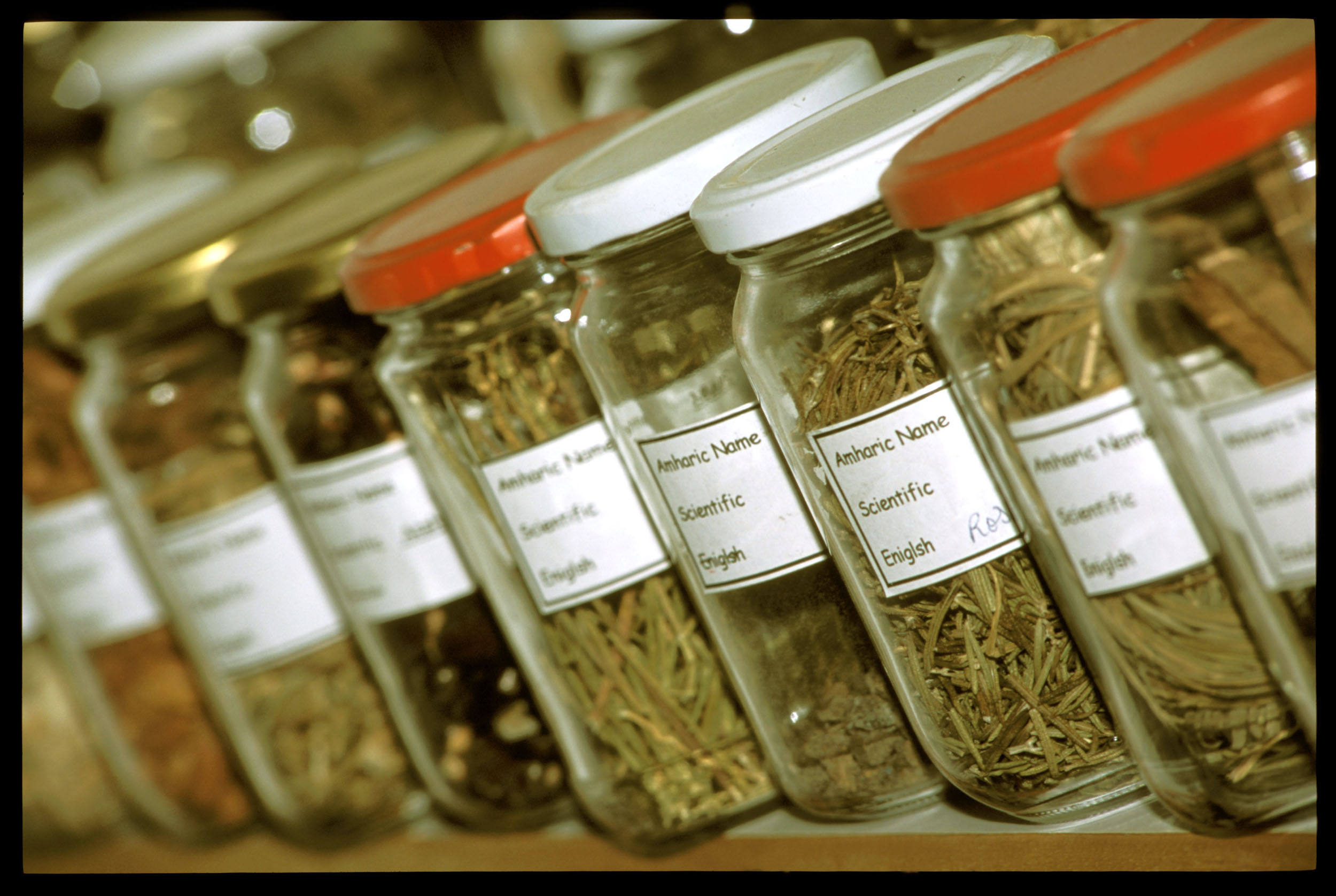NAN – Mrs Christiana Ojo, an Ibadan based herbalist, has advocated for a central standardisation in the prescription of dosages for traditional medicine in Africa.
Ojo made the call in an interview with the News Agency of Nigeria (NAN) in Ibadan on Monday.
She, for example, that the standardisation of Agbo cannot be compared with the standardisation of Western or orthodox medication.
The herbal expert added that a typical orthodox pain relief drug contain certain ingredients or chemicals that were recognised worldwide, whereas it was lacking with the production of African traditional medicine.
“As an individual producer of herbal medication, there are ways in which you standardise your drugs because it was handed down from different ancestral background.
“It is just like a daughter, who was taught how to prepare certain kind of food by her mother who would have also given her all the recipe that are needed for such kind of food which distinguishes it from that made by other people.
“Now, the taste derivable from and the use of an individual recipe is the signature of that person; that is the taste which distinguishes the preparation from that of the other.
“It is exactly the same thing with the production of indigenous medication; it is only the herbalist that gave the recipe or ingredients that can provide the dosage.
“Except you have herbal preparation that has been thrown into the market or universalised, then you can have a dosage.
“It is very important to obtain instructions from the herbalist who is the source of a given herbal medicine because two herbalists can have two different dosages in the treatment of a particular ailment.
“The two herbalists may have different orientation about the production, but the end result will definitely be the same,” she explained.
According to the Ph.D student in Ethnomedicine, the insinuation in many quarters that the practitioners in the field of traditional herbal medicine had no regulator is however, not true.
“Indeed, we do have some regulatory bodies, but they are not just effective due to multi-disciplinary nature and the politicisation of the bodies in both Lagos and Oyo states.
“The practice of traditional herbal medicine is lagging behind in Nigeria due to the political rivalry among board members unlike the members of Nigeria Medical Association (NMA) and the Pharmaceutical Association of Nigeria who are well regulated.
“The major problem is lack of Western education of most of the practitioners as against what was merely handed over to them through oral transmission.
“The great hinderance is lack of academic input of members who cannot educate non-practitioners, which is even the reason why different allied health institutions in Nigeria like the NMA and others claim that herbal medicine is a pharmaceutical, a botanical or forestry discipline.
“I already have practical knowledge handed over to me by my father and I am currently doing my Ph.D in Ethnomedicine so that I can teach other practitioners who merely possess practical knowledge,” Ojo said.







